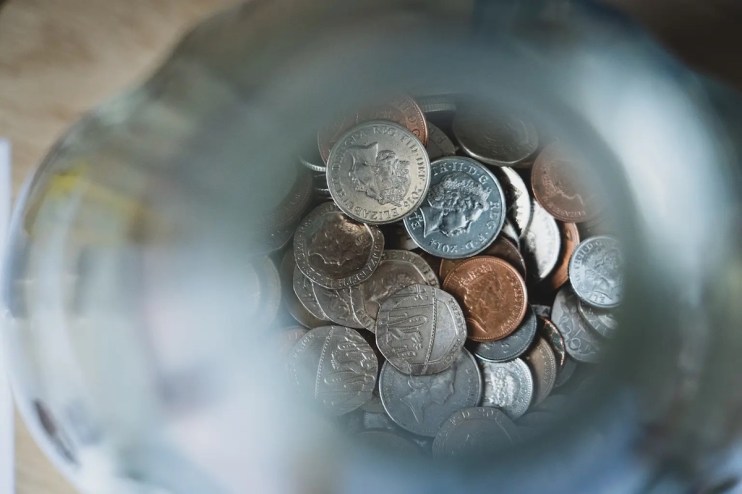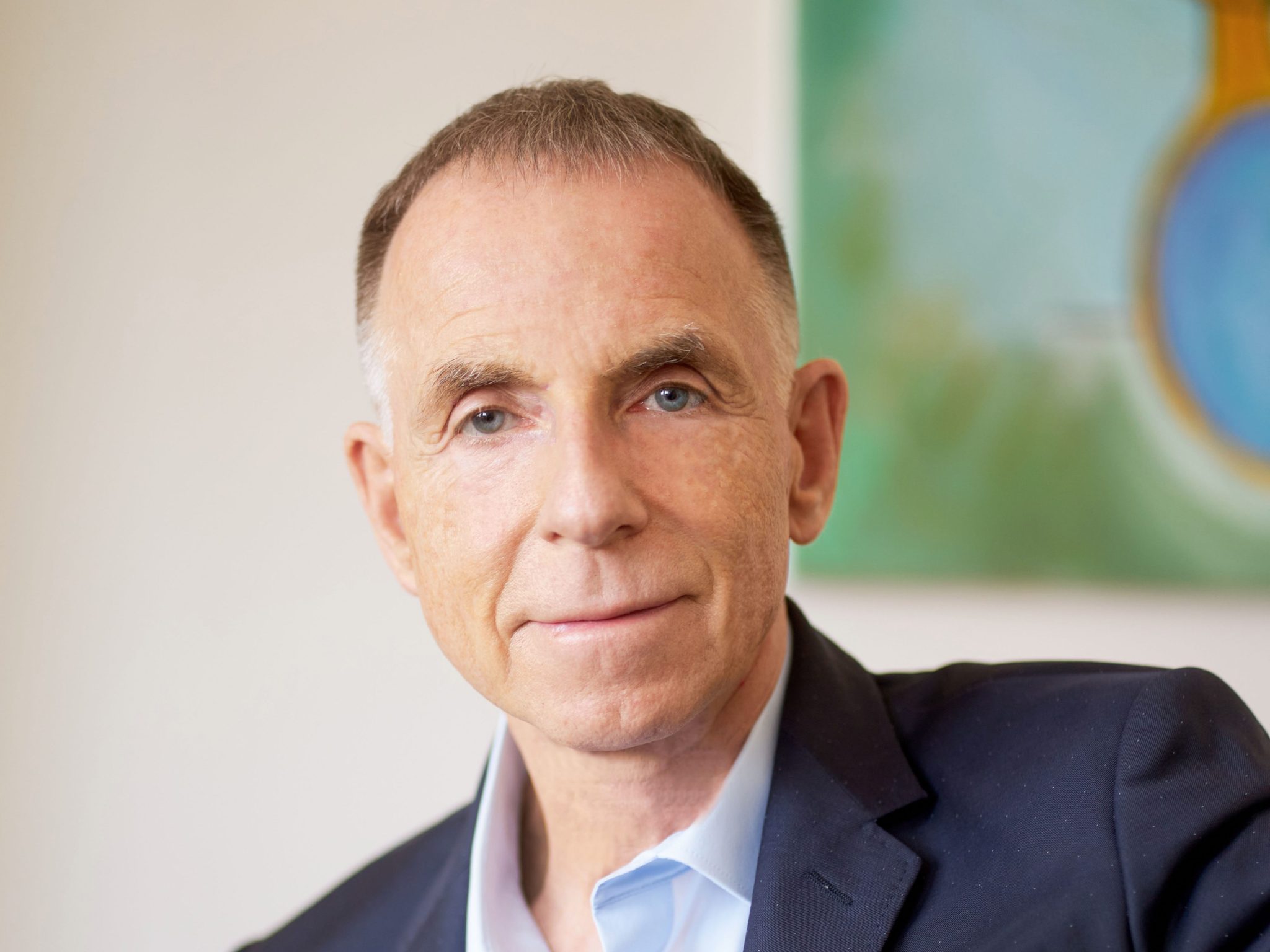In Defence of Capitalism: How free markets are lifting people out of poverty

In the second of an eight part series, the historian and sociologist Dr Rainer Zitelmann writes for City A.M. in defence of capitalism, arguing that freer markets are usually the answer to society’s problems, not the cause. Each week he will ‘myth-bust’ the common complaints about capitalism – and this week, it’s that capitalism is responsible for growing inequality
The two American computer programmers Brian Acton and Jan Koum invented WhatsApp and sold it to Facebook for $19 billion in 2014. Two billion people around the world now use WhatsApp to send not only messages and files, but also to make free phone calls. Thanks to their idea, the two WhatsApp founders have amassed a combined fortune of $16 billion. Has inequality increased because there are now two more multibillionaires? Certainly. But has it hurt anyone, except perhaps providers of expensive phone plans?
In China, thanks to the introduction of private property and features of the market economy, the number of people living in extreme poverty has fallen from 88 to less than 1 per cent since the early 1980s. At the same time, the number of rich people has increased more than in any other country. Today, only the USA has more billionaires than China. Inequality has gone up, poverty has gone down. Does anyone think people in China want to go back to life under Mao simply because people were more equal?
The fact that inequality is discussed more than poverty in the public debate is an expression of envy, even if the critics of inequality deny this motive. Envy is the most commonly denied, repressed and “masked” emotion. When envy becomes recognizable as such, or is openly communicated, the envious person automatically disqualifies their intentions.

The anthropologist George M. Foster asks why people can admit to feelings of guilt, shame, pride, greed, and even anger without loss of self-esteem, but find it almost impossible to admit to feelings of envy. He offers this explanation: anyone who admits to themselves and others that they are envious is also admitting that they feel inferior. This is precisely why it is so difficult to acknowledge and accept one’s own envy.
How strongly the topic of inequality and the “gap between rich and poor” inflames the media – and not only them – was shown by the outstanding success of French economist Thomas Piketty’s book Capital in the 21st Century.
Piketty concedes that inequality decreased, not increased, during most of the twentieth century. Only from 1990 onwards has there been a negative development towards more inequality. The years that are particularly bad from Piketty’s point of view were actually the best for hundreds of millions of people all around the world. In the 20 years for which Piketty claims inequality increased (1990-2010), as many as 700 million people were lifted out of extreme poverty.
Criticism of inequality in Britain, especially of high managerial salaries, also often works with false figures. Damien Knight and Harry McCreddie have shown that many statistics published in the media about executive pay inflation or about the development of the ratio between executive pay and that of ordinary employees, are grossly flawed because those who make these calculations frequently lack even a rudimentary understanding of mathematical or statistical methodologies.
For example, averages and medians are often confused, or no distinction is made between pay awards granted and actual pay awards, and so on. Taking the UK as an example, they explain how an actual increase in executive salaries of six per cent in a given period quickly becomes an increase of 23 per cent in the media, or an increase of two per cent becomes one of 49 per cent. Their conclusion: “Our view is that poor research and analysis has done more damage to social cohesion than the companies themselves have done by paying their top executives highly.”
The American economists Phil Gramm, Robert Ekelund and John Early also make the same point in their book The Myth of American Inequality. They criticise the fact that transfer payments and taxes are ignored in U.S. statistics on inequality. If the substantial taxes paid by high earners are not reflected in the statistics and the substantial transfer payments received by low earners are also largely disregarded, then this logically leads to the data on growing inequality being wrong. If taxes and transfers are included, then the relationship between the income of the lowest and the top 20 per cent of Americans is 4.0 to 1 rather than the 16.7 to 1 reported in the official census data.
So, inequality has not risen nearly as much as is often claimed. In any case, I believe that we should be less concerned with the issue of inequality and more concerned with the problem of poverty.
Rainer Zitelmann is a historian and sociologist. His book In Defence of Capitalism has just been published. https://in-defence-of-capitalism.com/